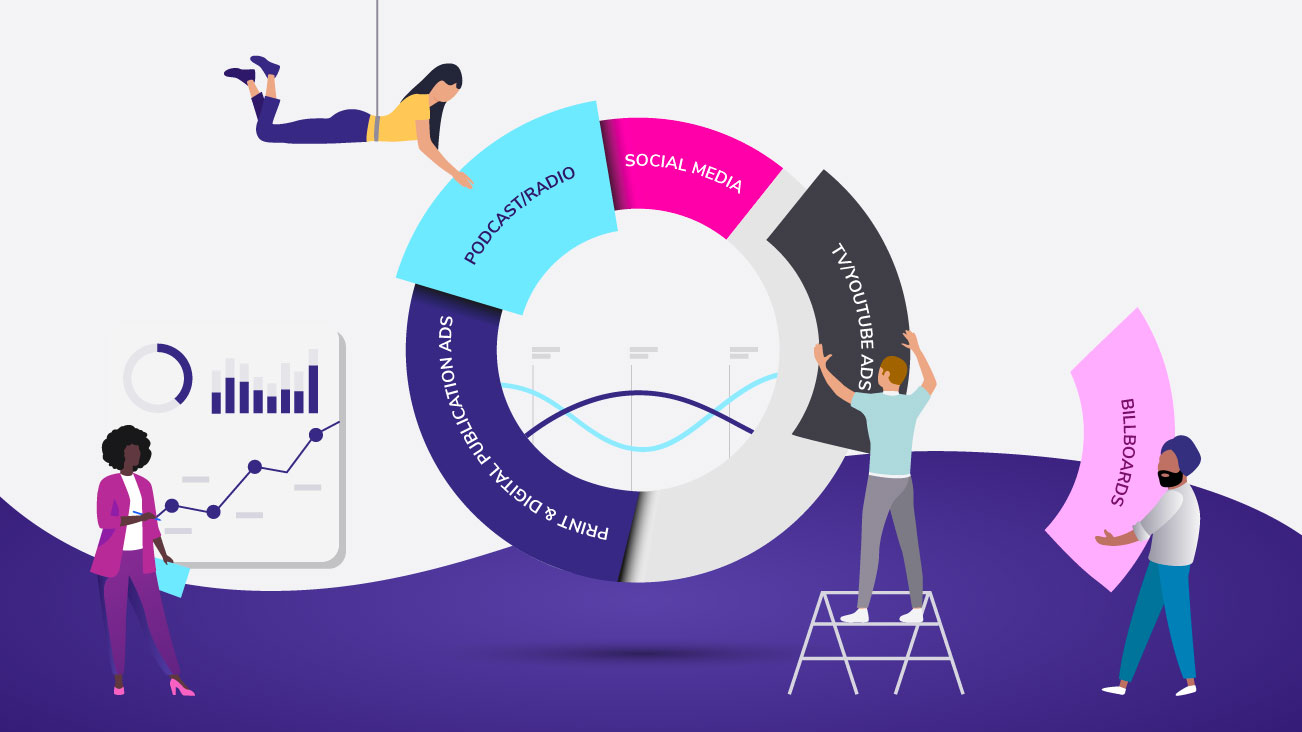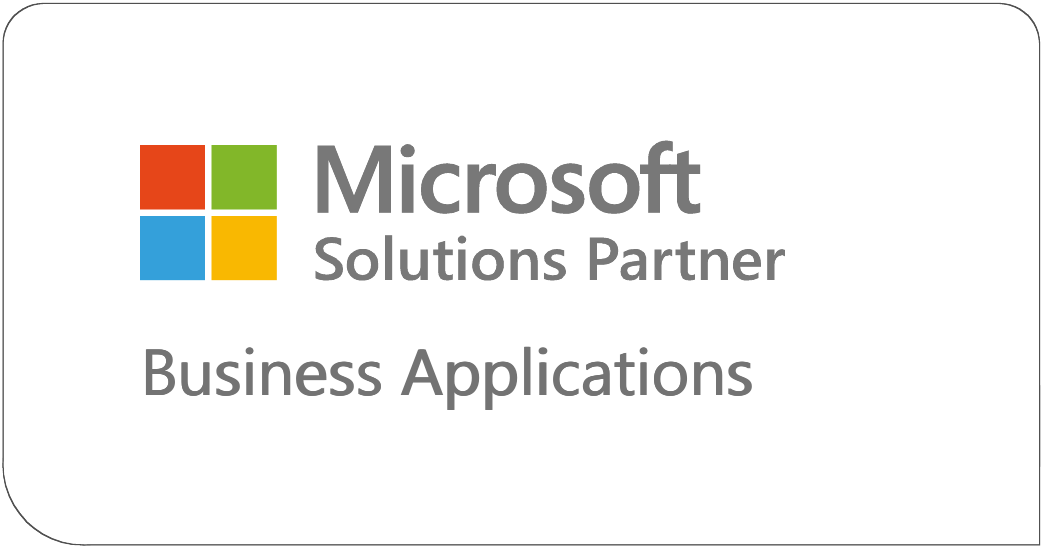|Abdullah Khan

In today's dynamic business landscape, marketing has
evolved into a highly sophisticated field, driven by
data, analytics, insights and what not.
One of the pivotal tools in modern marketing strategies
is marketing modeling. This article dives into what
marketing modeling entails, its diverse applications,
and how it significantly boosts the efficiency of
advertising, marketing, sales and overall business
development.
What is Marketing Modeling?
Marketing modeling is the process of using mathematical and statistical techniques to simulate, analyze, and predict the performance of marketing strategies and initiatives. It involves creating mathematical representations (excel sheets work well too) of marketing scenarios to understand consumer behavior, forecast outcomes, and optimize resource allocation like budget, creatives and more.
Different Uses of Marketing Modeling:
- Consumer behavior analysis
- Predictive analysis
- Optimized resource allocation
- Campaign optimization
- ROI measurement
Consumer Behavior Analysis: Marketing
modeling enables businesses to gain profound insights
into consumer behavior. By analyzing past data,
marketers can identify patterns, preferences, and
trends, allowing them to tailor their strategies to
better meet the needs and expectations of their target
audience.
Predictive Analytics: Predictive
modeling empowers marketers to forecast future trends
and outcomes with a high degree of accuracy. By
leveraging historical data and advanced algorithms,
businesses can anticipate market changes, customer
preferences, and the potential impact of various
marketing initiatives.
Optimized Resource Allocation: Marketing modeling helps businesses allocate their
resources—whether it be budget, time, or manpower—more
efficiently.
By simulating different scenarios and assessing their
potential outcomes, marketers can determine the optimal
mix of marketing channels, messages, and investments to
achieve the desired goals and KPIs within budget.
Campaign Optimization: With marketing
modeling, marketers can fine-tune their campaigns for
maximum effectiveness. By testing various variables such
as messaging, timing, and channel selection through
simulation, businesses can identify the most impactful
strategies and optimize their campaigns for better
performance.
ROI Measurement: Marketing modeling
enables businesses to quantify the return on investment
(ROI) of their marketing efforts accurately. By
analyzing the relationship between marketing
expenditures and key performance indicators (KPIs), such
as sales, customer acquisition, and brand awareness,
marketers can evaluate the effectiveness of their
campaigns and make data-driven decisions to enhance ROI.
Making Campaigns More Efficient
Marketing modeling plays a pivotal role in enhancing the
efficiency of marketing campaigns in several ways:
Data-Driven Decision Making:
It’s all about the Data. By leveraging data and insights
generated through marketing modeling, businesses can
make informed decisions rather than relying on guesswork
or intuition. This data-driven approach ensures that
marketing resources are allocated strategically to
initiatives with the highest potential for success.
Continuous Improvement:
Marketing modeling facilitates a process of continuous
improvement by enabling marketers to test, learn, and
iterate their strategies. By analyzing the performance
of past campaigns and experimenting with new approaches,
businesses can refine their tactics over time, driving
greater efficiency and effectiveness.
Risk Mitigation:
Through scenario analysis and predictive modeling,
businesses can identify and mitigate potential risks
associated with their marketing initiatives. By
simulating various scenarios and assessing their
potential outcomes, marketers can proactively address
challenges and minimize the impact of unforeseen events
on campaign performance.
Personalized Marketing:
Marketing modeling allows businesses to segment their
target audience more effectively and deliver
personalized experiences tailored to individual
preferences and behaviors. By understanding the unique
needs and characteristics of different customer
segments, marketers can create targeted campaigns that
resonate with their audience, driving higher engagement
and conversion rates.
Resource Optimization:
By optimizing resource allocation based on insights
generated through marketing modeling, businesses can
maximize the impact of their marketing investments.
Whether it's reallocating budget to high-performing
channels or fine-tuning messaging to improve conversion
rates, marketing modeling enables businesses to extract
greater value from their marketing efforts.
Let’s summarize everything:
Marketing modeling is a powerful tool that enables
businesses to gain deeper insights into consumer
behavior, forecast outcomes, and optimize marketing
campaigns for maximum efficiency. By leveraging data,
analytics, and predictive modeling techniques, marketers
can make informed decisions, drive continuous
improvement, mitigate risks, and deliver personalized
experiences that resonate with their target audience. In
today's competitive landscape, mastering the art of
marketing modeling is essential for businesses looking
to stay ahead of the curve and achieve sustainable
growth.

